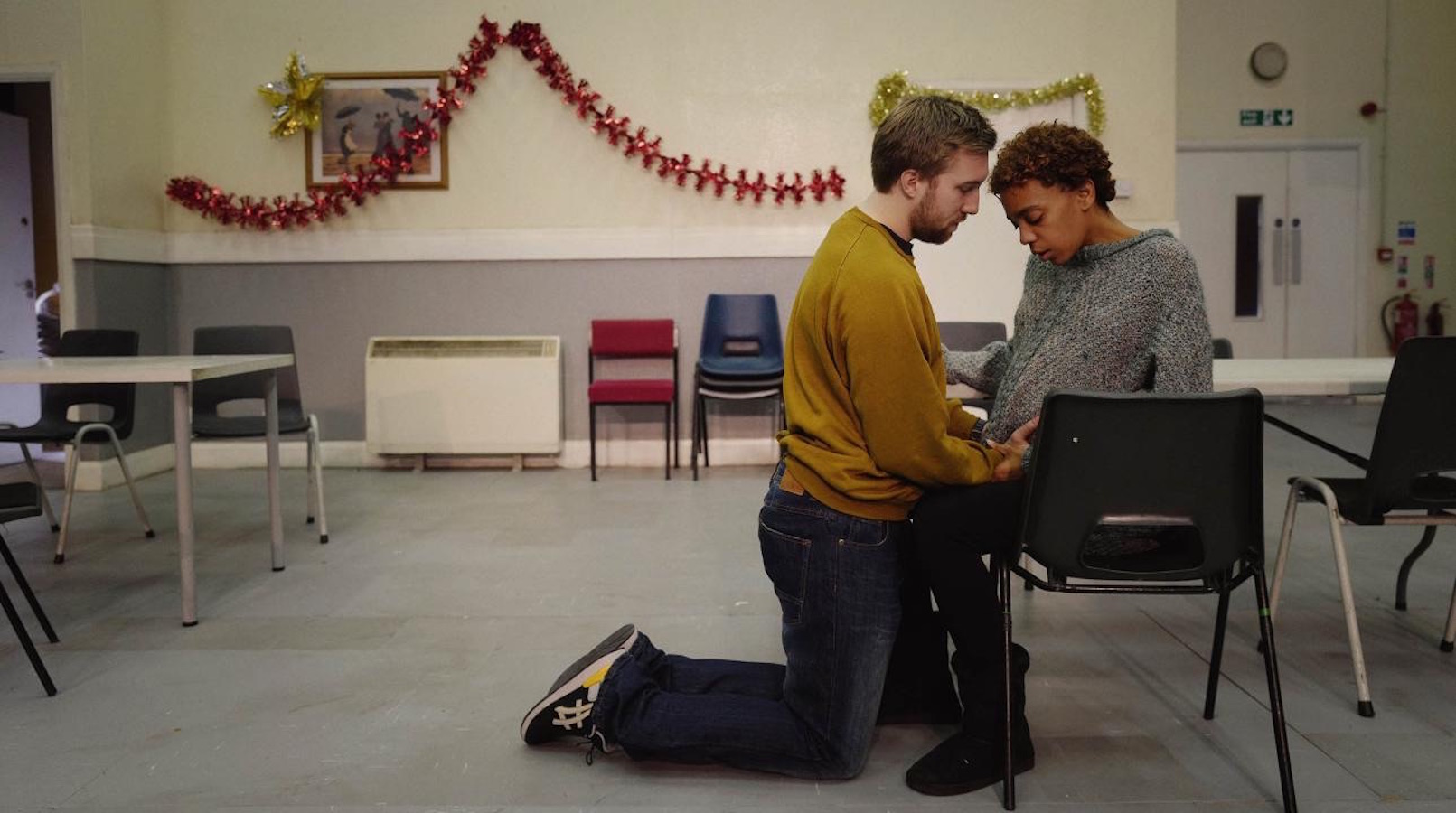Alexander Zeldin has always migrated away from the expected conventions of theatre, a move that has shaped his body of work to-date. He sees his style of work not as explicitly playwriting or directing, but ‘stage writing’, considering the language of bodies, personalities, atmospheres, light and sound as much as words.
Writing stories that embody everyday struggles, Zeldin frequently involves people who are living the realities of his narratives. For example in the US version of his play Beyond Caring (Lookingglass Theatre, Chicago, 2017) which tells the story of five temp cleaners he invited members of UNITE, Chicago Workers Collaborative to participate in the rehearsals.
Always seeking to present social truth in his work, Zeldin has never viewed the theatre as a place for make-believe, considering it instead as a space for people to feel life ‘with an intensity that is proper to its true, tragic and miraculous nature.’ As a by-product of this, his plays are always performed in real time, with the lights up.
In 2016, Zeldin developed LOVE (National Theatre 2016, Birmingham Rep 2017), a story of a series of families brought together whilst living in temporary accommodation in the run up to Christmas. As with Beyond Caring, he brought people who were actually living in these situations to rehearsals. Different energies and inputs were therefore fed into the process as well as confronting the artistic team with the lived experiences of their subjects. As he says, ‘The aim over and over again, is to create first a community of a few, the actors, those that come to help us, the team of the theatre, then a wider community, with the presence of the audience.’
